The Global Evolution of Umbrella Manufacturing: From Ancient Craft to Modern Industry
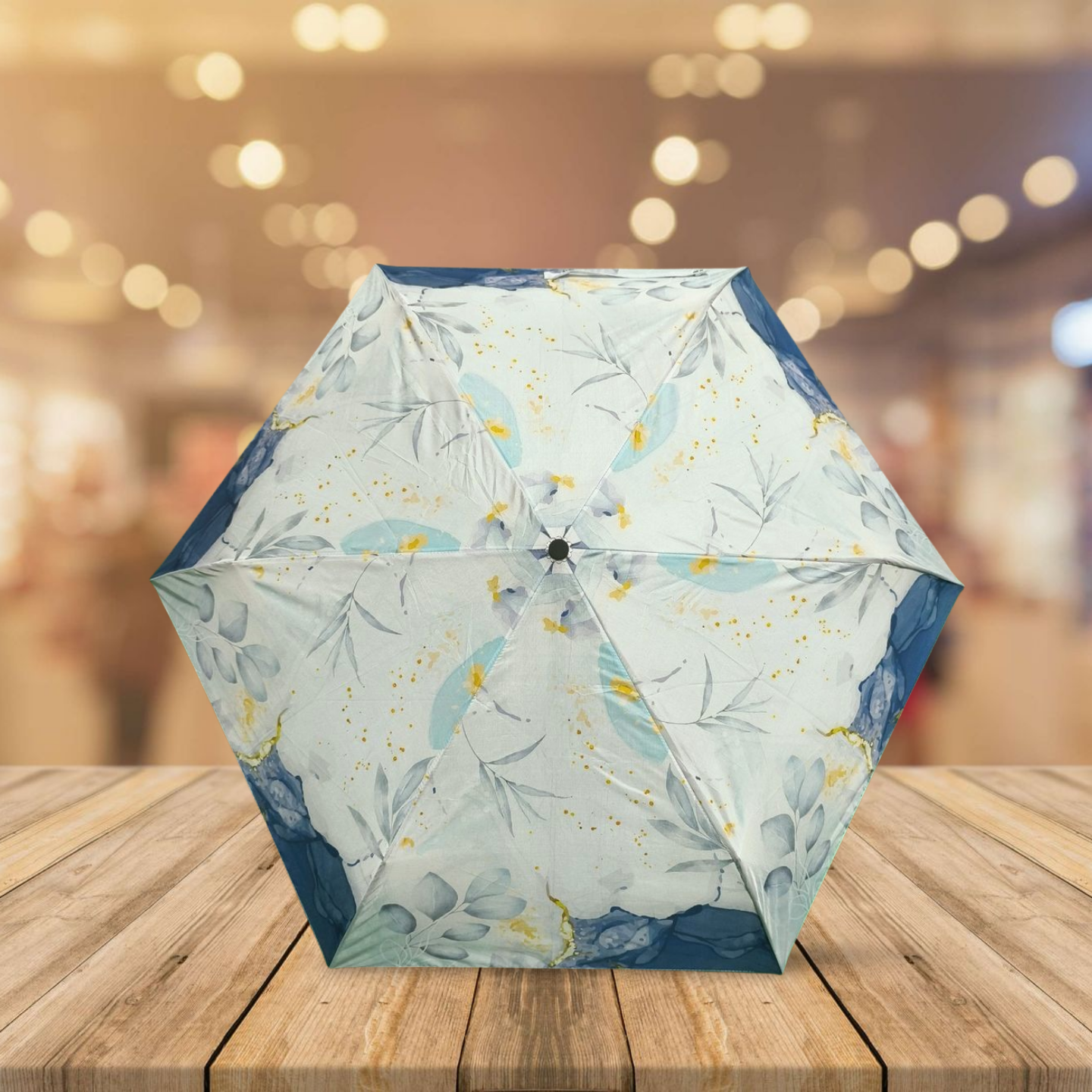
Introduction
Umbrellas have been part of human civilization for thousands of years, evolving from simple sunshades to sophisticated weather protection devices. The umbrella manufacturing industry has undergone remarkable transformations across different eras and regions. This article traces the complete journey of umbrella production worldwide, examining its historical roots, industrial development, and current market dynamics.
The Ancient Origins of Umbrella Production
Early Protective Canopies
Historical records show the first umbrella-like devices appeared in ancient civilizations:
- Egypt (around 1200 BCE): Used palm leaves and feathers for shade
- China (11th century BCE): Developed oiled paper umbrellas with bamboo frames
- Assyria: Reserved umbrellas for royalty as status symbols
These early versions served primarily as sun protection rather than rain gear. The Chinese were the first to waterproof umbrellas by applying lacquer to paper surfaces, creating functional rain protection.
Spread to Europe and Early Manufacturing
European exposure to umbrellas came through:
- Trade routes with Asia
- Cultural exchange during the Renaissance
- Returning travelers from the Middle East
Initial European umbrellas (16th-17th century) featured:
- Heavy wooden frames
- Waxed canvas coverings
- Whalebone ribs
They remained luxury items until industrialization made them more accessible.
The Industrial Revolution and Mass Production
Key 18th-19th Century Developments
The umbrella industry transformed dramatically during the Industrial Revolution:
Material Advancements:
- 1750s: English inventor Jonas Hanway popularized rain umbrellas
- 1852: Samuel Fox invented the steel-ribbed umbrella
- 1880s: Development of folding mechanisms
Manufacturing Centers Emerged In:
- London (Fox Umbrellas, founded 1868)
- Paris (early luxury umbrella makers)
- New York (first American umbrella factory, 1828)
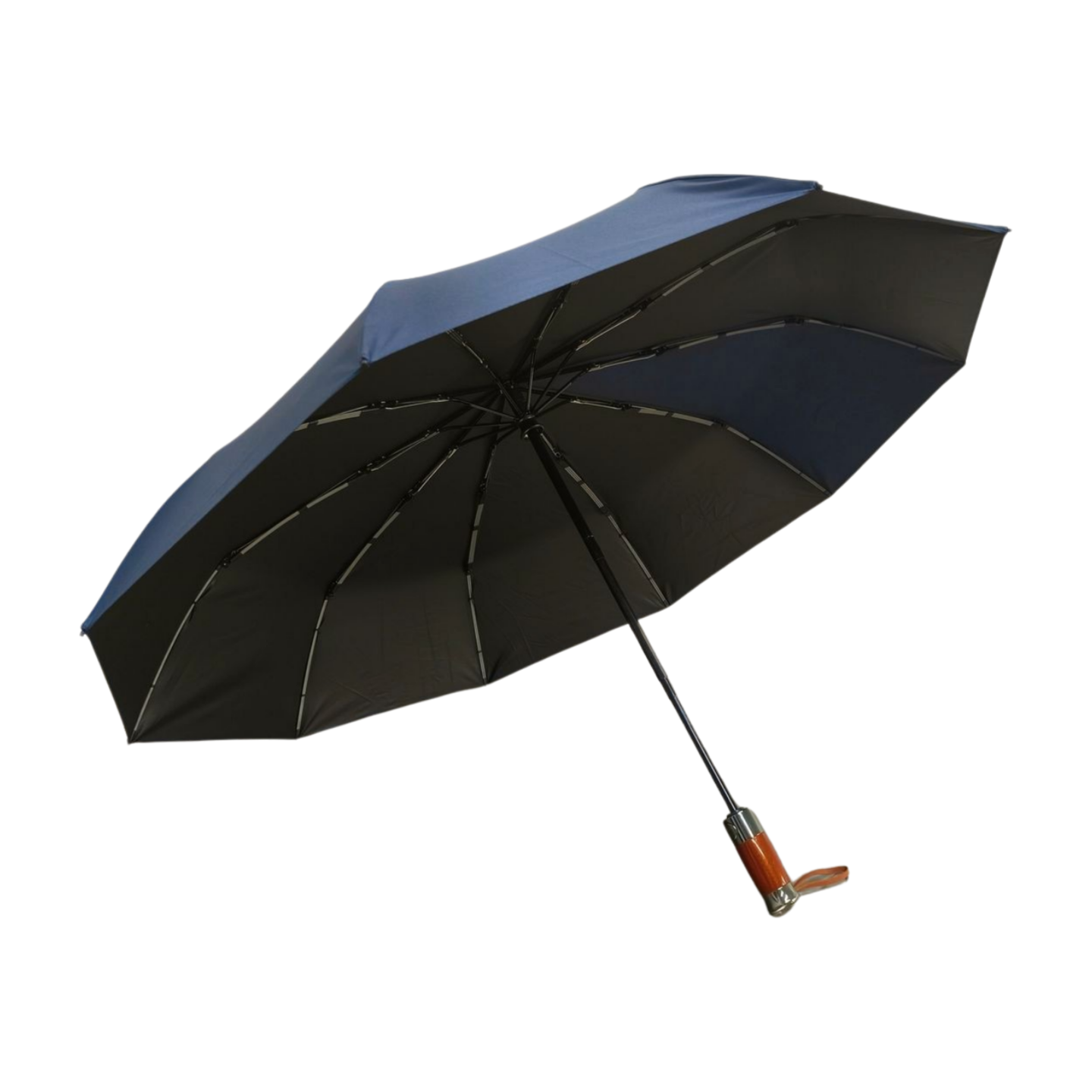
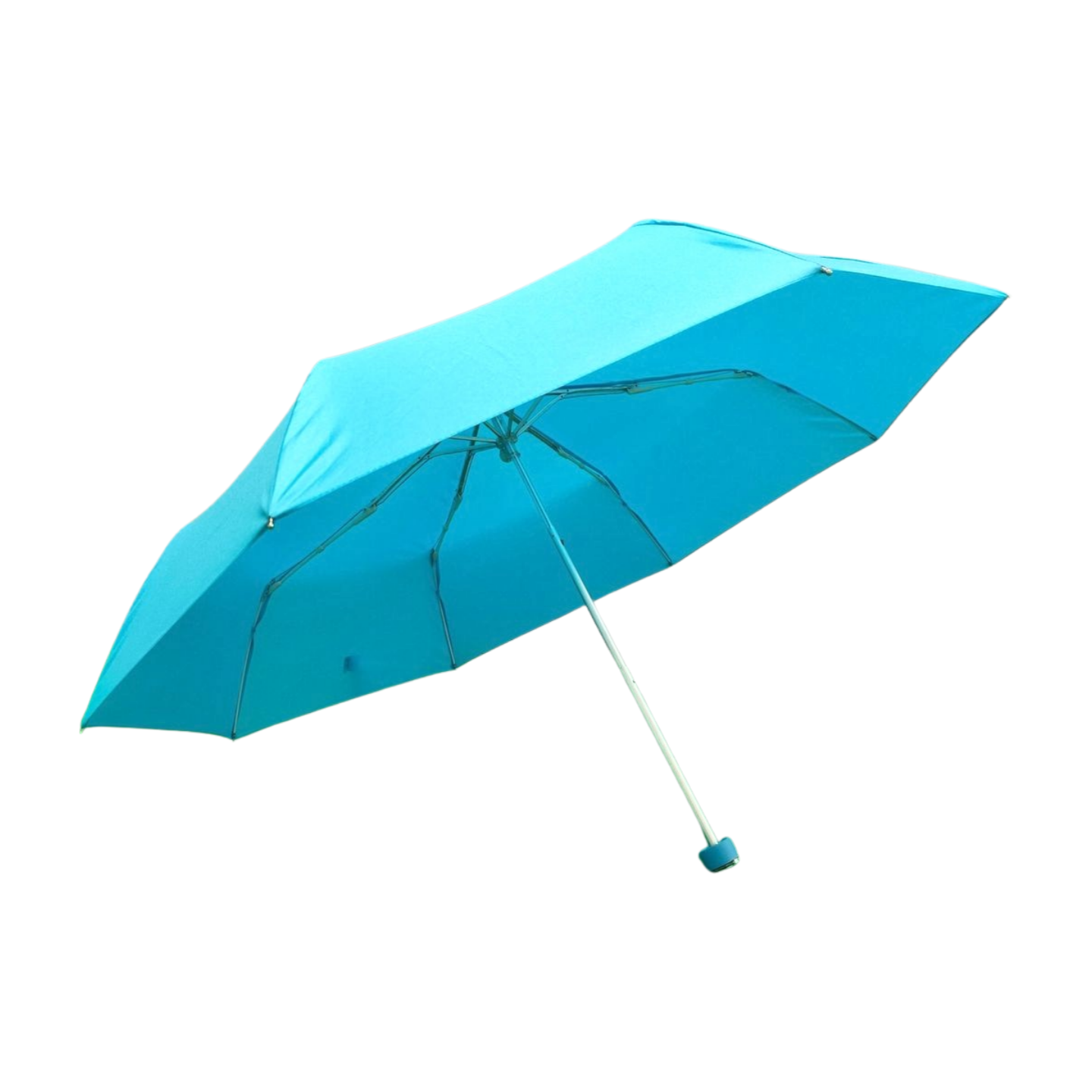
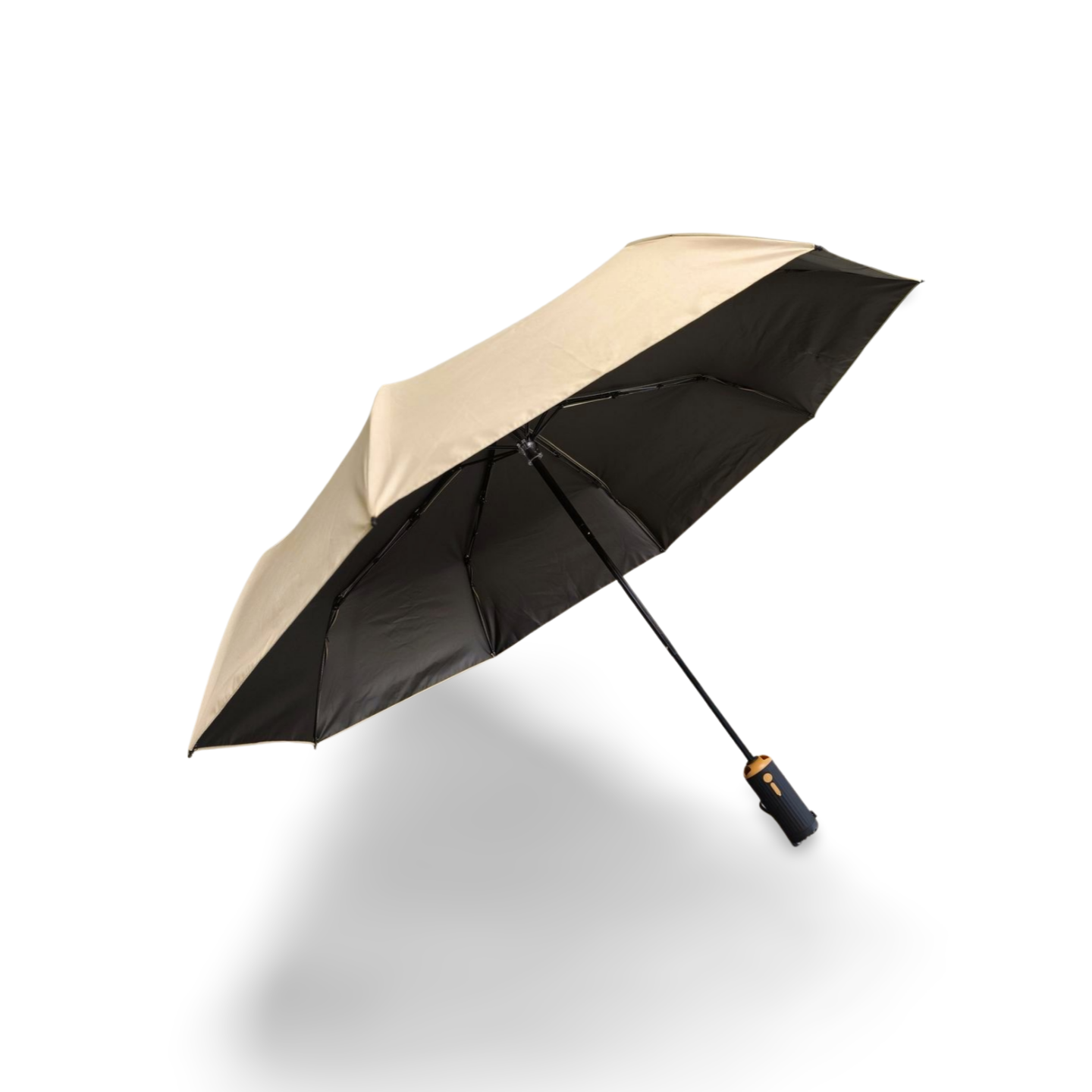
Production Techniques Evolved
Early factories implemented:
- Division of labor (separate teams for frames, covers, assembly)
- Steam-powered cutting machines
- Standardized sizing
This period established umbrella manufacturing as a proper industry rather than a craft.
20th Century: Globalization and Innovation
Major Technological Improvements
The 1900s brought significant changes:
Materials:
- 1920s: Aluminum replaced heavier metals
- 1950s: Nylon replaced silk and cotton covers
- 1970s: Fiberglass ribs improved durability
Design Innovations:
- Compact folding umbrellas
- Automatic opening mechanisms
- Clear bubble umbrellas
Manufacturing Shifts
Post-WWII production moved to:
1. Japan (1950s-1970s): High-quality folding umbrellas
2. Taiwan/Hong Kong (1970s-1990s): Mass production at lower costs
3. Mainland China (1990s-present): Became dominant global supplier
Current Global Manufacturing Landscape
Major Production Hubs
1. China (Shangyu District, Zhejiang Province)
- Produces 80% of world's umbrellas
- Specializes in all price points from $1 disposables to premium exports
- Home to 1,000+ umbrella factories
2. India (Mumbai, Bangalore)
- Maintains traditional handcrafted umbrella production
- Growing automated manufacturing sector
- Major supplier for Middle East and African markets
3. Europe (UK, Italy, Germany)
- Focus on luxury and designer umbrellas
- Brands like Fulton (UK), Pasotti (Italy), Knirps (Germany)
- Higher labor costs limit mass production
4. United States
- Primarily design and import operations
- Some specialty manufacturers (e.g., Blunt USA, Totes)
- Strong in patented high-tech designs
Modern Production Methods
Today's umbrella factories utilize:
- Computerized cutting machines
- Laser measurement for precision assembly
- Automated quality control systems
- Environmentally conscious practices like water-based coatings
Market Trends and Consumer Demands
Current Industry Statistics
- Global market value: $5.3 billion (2023)
- Annual growth rate: 3.8%
- Projected market size: $6.2 billion by 2028
Key Consumer Trends
1. Weather Resistance
- Windproof designs (double canopy, vented tops)
- Storm-proof frames
2. Smart Features
- GPS tracking
- Weather alerts
- Built-in lighting
3. Sustainability
- Biodegradable fabrics
- Repair-friendly designs
4. Fashion Integration
- Designer collaborations
- Custom printing for brands/events
- Seasonal color trends


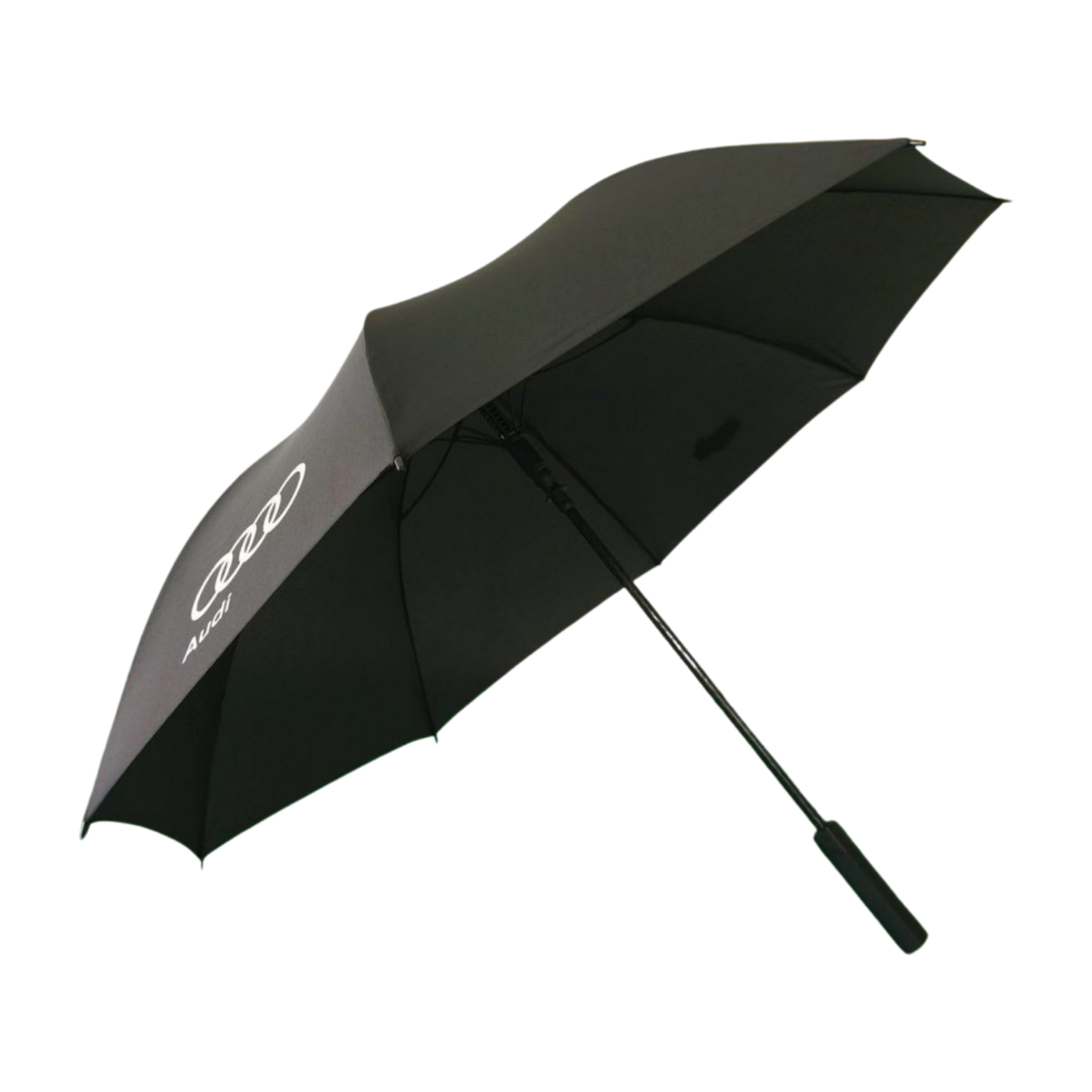
Challenges Facing Manufacturers
Production Issues
1. Material Costs
- Fluctuating metal and fabric prices
- Supply chain disruptions
2. Labor Dynamics
- Rising wages in China
- Worker shortages in traditional craft regions
3. Environmental Pressures
- Plastic waste from disposable umbrellas
- Chemical runoff from waterproofing processes
Market Competition
- Price wars among mass producers
- Counterfeit products affecting premium brands
- Direct-to-consumer brands disrupting traditional distribution
The Future of Umbrella Manufacturing
Emerging Technologies
1. Advanced Materials
- Graphene coatings for ultra-thin waterproofing
- Self-healing fabrics
2. Production Innovations
- 3D-printed customizable frames
- AI-assisted design optimization
3. Business Models
- Umbrella subscription services
- Shared umbrella systems in cities
Sustainability Initiatives
Leading manufacturers are adopting:
- Take-back recycling programs
- Solar-powered factories
- Waterless dyeing techniques
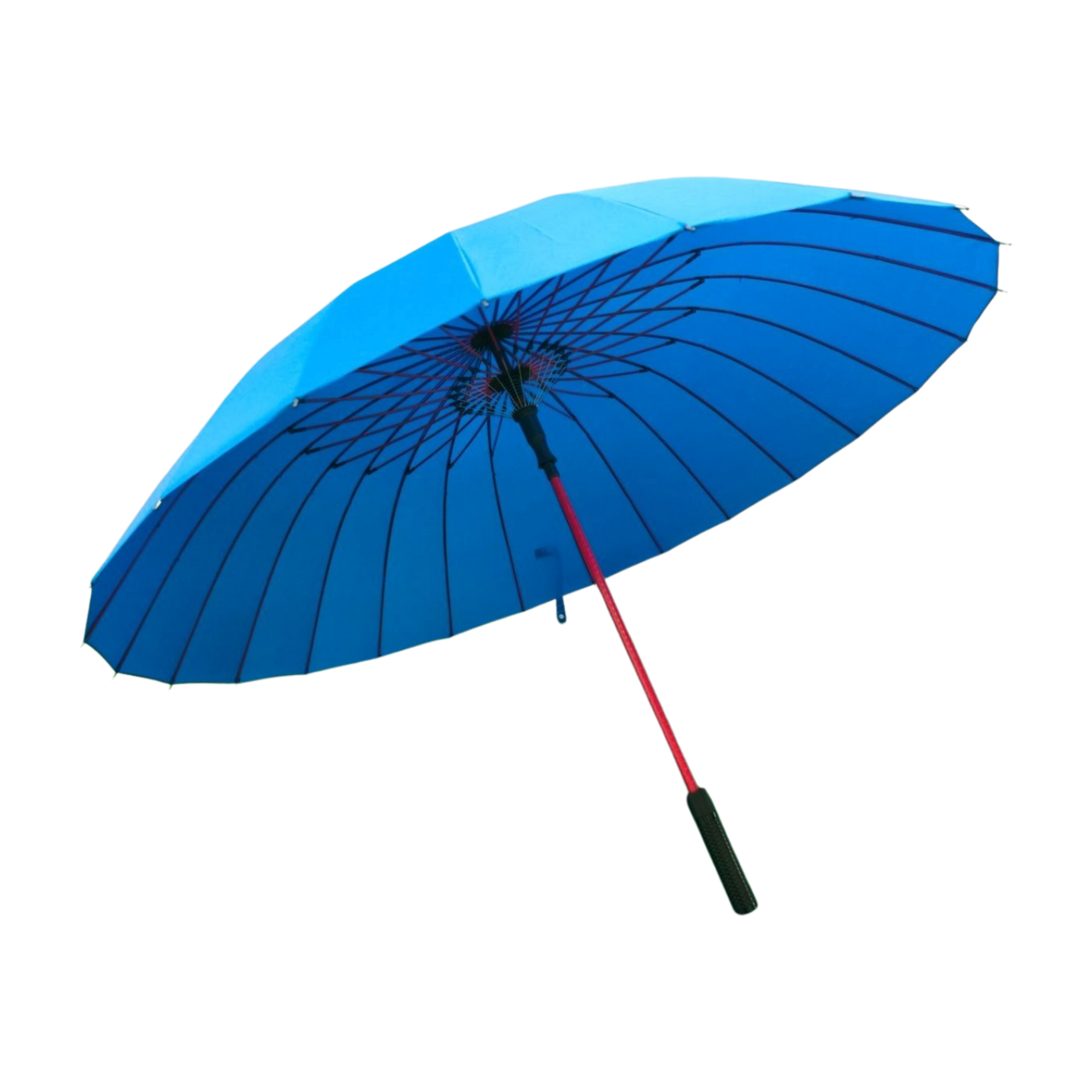


Conclusion
The umbrella manufacturing industry has journeyed from handcrafted royal accessories to globally traded mass-produced items. While China currently dominates production, innovation and sustainability are reshaping the industry's future. From smart connected umbrellas to eco-conscious manufacturing, this ancient product category continues to evolve with modern needs.
Understanding this complete historical and industrial context helps appreciate how a simple protective device became a worldwide manufacturing phenomenon.
Post time: Jun-20-2025

